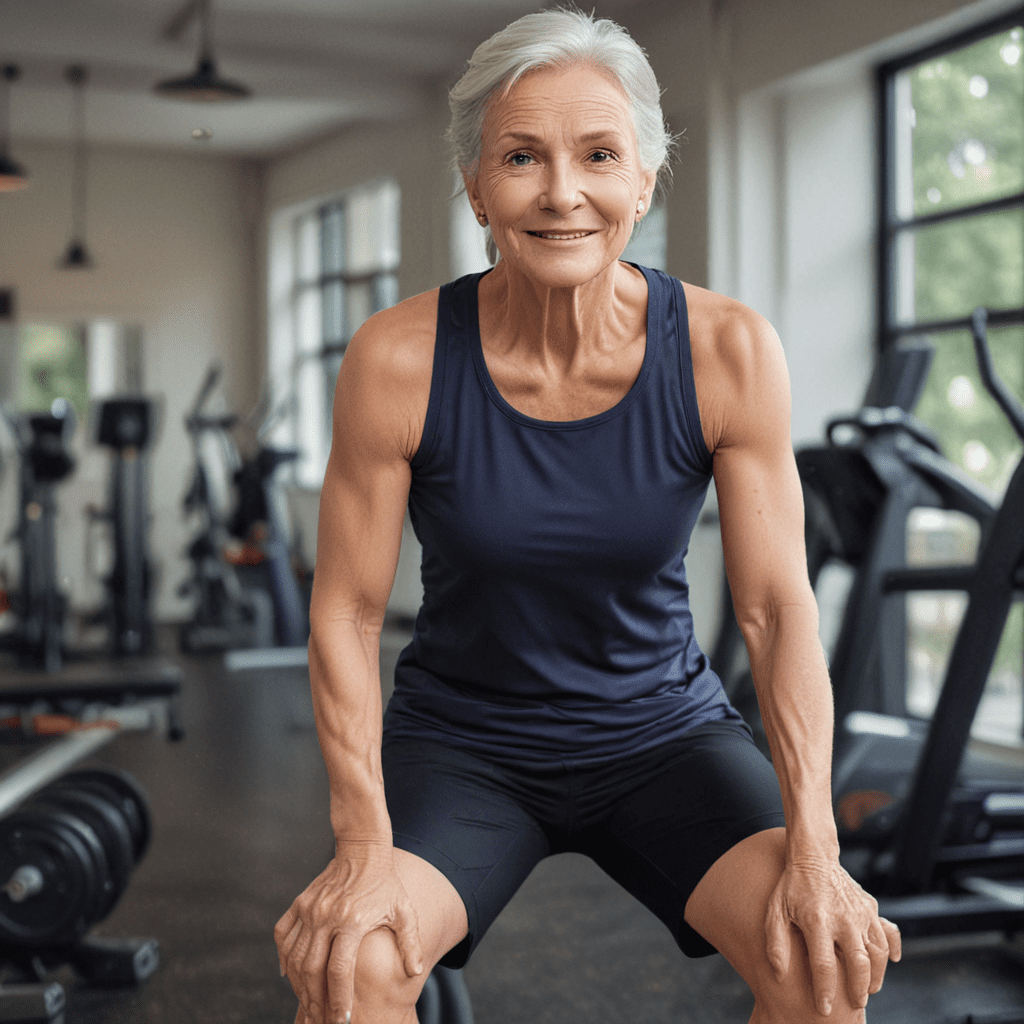
Exercise and Mood Enhancement
Physical activity has been shown to have a profound impact on mental health, particularly for seniors. Regular exercise has been found to improve mood and overall well-being by releasing endorphins, which have mood-boosting effects. These endorphins help reduce symptoms of stress, anxiety, and sadness.
Stress Reduction and Relaxation
Exercise is an effective way to manage stress levels. When you exercise, your body releases hormones that counteract the stress response. These hormones have calming effects that can help you relax and unwind. Regular exercise has also been shown to reduce feelings of tension and improve sleep quality.
Improved Sleep Quality
For many seniors, sleep issues are a common concern. Exercise can help improve sleep quality by regulating the body's natural sleep-wake cycle. Physical activity can promote relaxation, reduce stress levels, and help you fall asleep more easily. Additionally, exercise can help improve the duration and quality of sleep.
Increased Energy Levels
As we age, it is common to experience a decline in energy levels. Exercise can counteract this decline by boosting metabolism and increasing circulation. Regular physical activity can help seniors feel more energized throughout the day, allowing them to engage in activities they enjoy.
Reduced Anxiety and Depression
Regular exercise has been found to be an effective treatment for reducing symptoms of anxiety and depression in older adults. Physical activity can help regulate mood by increasing the production of neurochemicals like serotonin, which has mood-stabilizing effects. Exercise also promotes relaxation and reduces stress, which can exacerbate symptoms of anxiety and depression.
Boosted Self-Esteem and Confidence
Participating in regular exercise can boost self-esteem and confidence in seniors. Achieving fitness goals, overcoming challenges, and improving physical abilities can contribute to a sense of accomplishment and self-worth. Exercise can also reduce feelings of isolation and loneliness, improving overall well-being and promoting positive self-perceptions.
Improved Socialization and Community Involvement
Group exercise classes, fitness programs, and community sporting activities can provide opportunities for seniors to socialize and interact with others. Engaging in physical activity in social settings can reduce isolation and foster a sense of belonging, contributing to improved overall mental well-being and quality of life.
Reduced Risk of Age-Related Mental Health Conditions
Exercise has been shown to reduce the risk of developing certain age-related mental health conditions, including Alzheimer's disease and dementia. Regular physical activity helps maintain cognitive function and reduces inflammation in the brain, potentially protecting against neurodegeneration. Additionally, exercise promotes the growth of new brain cells, which can contribute to improved memory and learning.
Enhanced Overall Well-Being
In addition to the specific mental health benefits outlined above, exercise has a positive impact on overall well-being in older adults. Improved physical health, increased energy levels, and enhanced cognitive function contribute to a better quality of life and a greater sense of well-being. Regular exercise can help seniors live longer, healthier, and happier lives.
FAQs
Q: How much exercise do seniors need?
A: The American Heart Association recommends that seniors engage in at least 150 minutes of moderate-intensity aerobic activity or 75 minutes of vigorous-intensity aerobic activity per week. Additionally, seniors should include muscle-strengthening exercises at least twice per week.
Q: What types of exercise are best for seniors?
A: Low-impact exercises that are easy on the joints are recommended for seniors, such as walking, swimming, cycling, and yoga. It's important to choose activities that are enjoyable and sustainable.
Q: Is it safe for seniors to exercise if they have health conditions?
A: It's always advisable for seniors to consult with a healthcare professional before starting an exercise program, especially if they have any underlying health conditions. A doctor can help determine appropriate exercises and activity levels.

